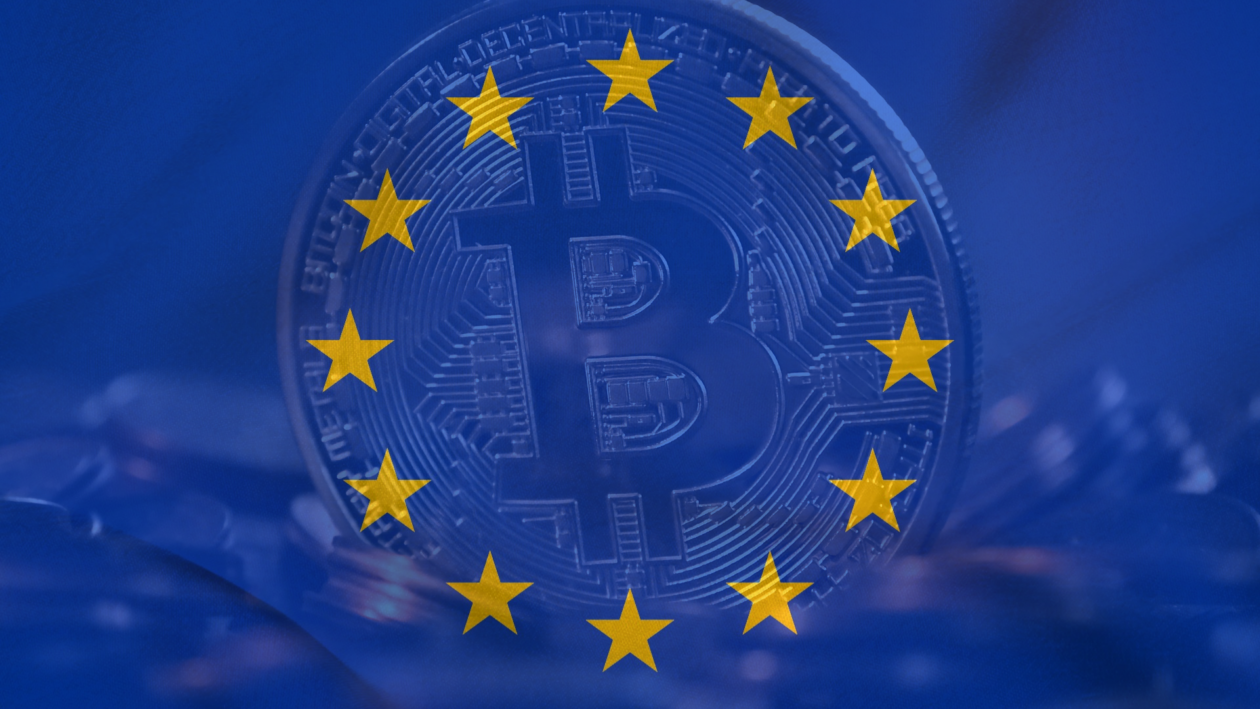Amendments drafted by European Parliament members on anti-money laundering (AML) regulation removed provisions seeking compulsory identification for crypto transfers involving non-custodial wallets, according to crypto news outlet The Block reported on Thursday.
See related article: EU seeks to limit banks’ crypto exposure
Fast facts
- Non-custodial wallets refer to those wallet addresses where users own the private key.
- In June, the EU reached a provisional deal to extend the so-called “Travel Rule” to cover digital assets and ensure that crypto transfers, including those involving non-custodial wallets, can always be traced for blocking suspicious transactions.
- The “Travel Rule” refers to a measure to track the source and whereabouts of funds, and it requires that information on the source of funds and their beneficiaries be disclosed alongwith the transactions.
- In addition to slashing the non-custodial wallet from the “Travel Rule,” the AML amendment will expand the scope of the regulation to the decentralized autonomous organizations (DAOs), decentralized financial (DeFi) , NFT and metaverses, according to The Block.
- The amendment will also require crypto asset service providers to adhere to AML rules when processing transactions over 1,000 euros (US$984), according to The Block.
- The amendment is pending approval by the European Parliament, The Block reported.
See related article: Bitcoin, proof-of-work ban removed from European Union’s MiCA

